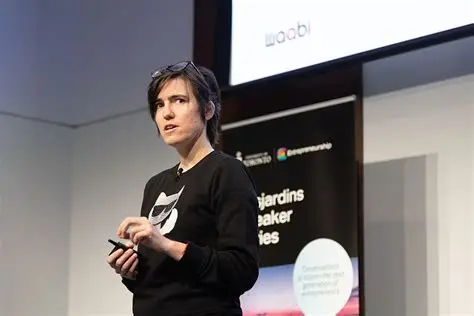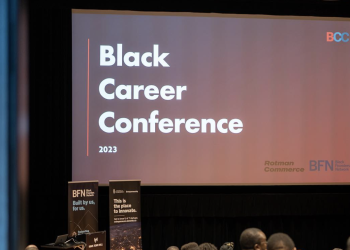A Safer, Science Led Vision for Autonomous Vehicles
Raquel Urtasun, founder and CEO of Waabi, captivated audiences at Web Summit Vancouver in May 2025 with a clear message: autonomy is not about hype, it is an engineering problem that demands safety first solutions. Her keynote underscored the belief that self driving technology should not be rushed to market but rigorously validated through simulation and science.
Waabi’s Origin Story and Simulation Strategy
A former chief scientist at Uber’s Advanced Technologies Group and a long time professor at the University of Toronto, Urtasun launched Waabi in 2021 to reimagine the future of autonomous vehicles. Her aim was not to follow the Silicon Valley script but to build something smarter and safer from Canada.
Waabi’s core innovation is its generative AI simulation platform, Waabi World. The system recreates millions of complex driving scenarios, training self driving trucks in a controlled virtual environment. The company reports over 99.7 percent realism compared to real world outcomes, allowing safer development without the cost and risk of public road testing. Backed by Khosla Ventures, Uber, and Volvo, Waabi is now a frontrunner in long haul freight automation.
Redefining Safety in Self Driving
At Web Summit Vancouver, Urtasun challenged the AV industry to stop beta testing on public roads and instead build the foundations of safety from the ground up. The summit’s recap highlighted her push to prepare for the “ChatGPT moment” of self driving before it arrives, emphasising rigour over media spectacle.
Waabi’s approach stands apart from others that rely heavily on road data collection. Urtasun has made clear through earlier public talks, including remarks at Uber Freight’s Carrier Summit, that Waabi will not deploy fully driverless trucks until simulation benchmarks are met. The company expects to begin fully autonomous operations in North America by late 2025.
Keeping Canadian Innovation at Home
Her strategy also responds to a deeper national concern. While many Canadian AI firms are absorbed into US tech giants, Waabi is scaling from within, offering proof that world class innovation can be led and retained in Canada.
Urtasun’s message resonates beyond transport. It signals a broader model for responsible innovation, one grounded in discipline, transparency and long term safety. As other firms stumble through public trials, Waabi’s simulation led path may prove not just more ethical but more effective.
Why Waabi’s Success Could Redefine Self Driving Globally
If Waabi succeeds, it will do more than launch a fleet of autonomous trucks. It will reshape how the world builds and trusts self driving systems, anchored in science, not showmanship, and led from Canada, not California.













